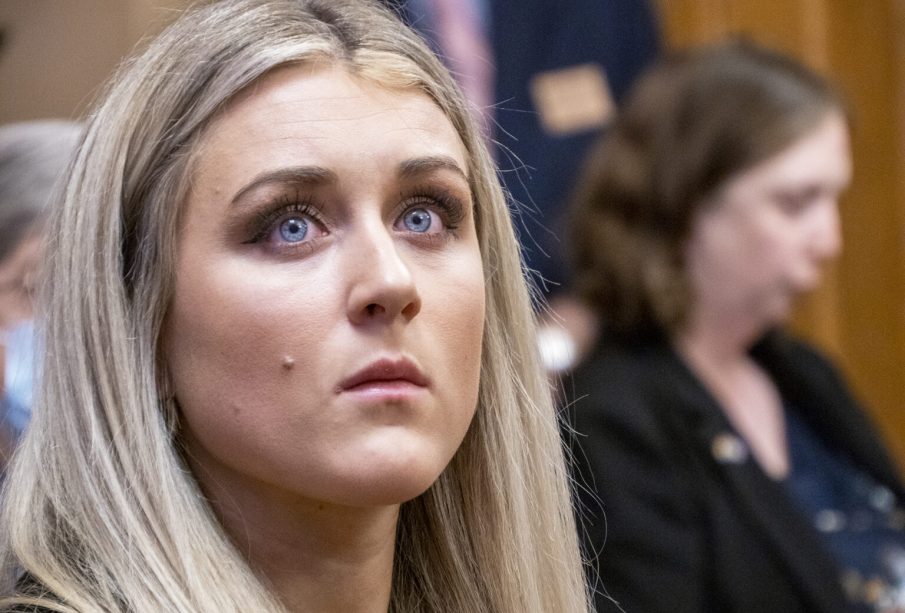Riley Gaines: A Voice for Fairness in Women’s Sports

Introduction
Riley Gaines, a former collegiate swimmer, has emerged as a prominent advocate for fairness in women’s sports, drawing significant attention and sparking dialogues across the United States. Her advocacy not only highlights the ongoing controversies surrounding transgender athletes in women’s sports but also emphasizes the need for equity and protection of women’s rights in competitive athletics.
The Issue at Hand
The debate gained momentum following controversial policies allowing transgender women to compete in women’s sports. Gaines, who gained national recognition for her outstanding performances as a swimmer at the University of Kentucky, has taken a firm stance against these policies. She argues that allowing biological males to compete in women’s categories undermines the physical advantages held by cisgender females, thus questioning the integrity of women’s sports.
Recent Events
In recent months, Gaines has participated in multiple media appearances and campus speaking engagements where she shares her perspective and personal experiences in the swimming world. She was actively involved in a high-profile incident at the NCAA Championships, where she tied with a transgender swimmer, leading to further scrutiny of NCAA policies governing eligibility for transgender athletes. This situation has brought forth broader discussions on the implications of inclusivity policies and their impact on female athletes.
Public Response and Backlash
Gaines’ stance has resonated with many individuals and organizations advocating for the preservation of women’s sports. Nevertheless, her outspoken nature has also sparked backlash from some groups who argue that her views promote exclusion and discrimination against transgender individuals. This polarized response underscores the deeply divisive nature of the discussion surrounding transgender participation in sports. Social media has become a battleground, with supporters rallying behind Gaines while others express strong opposition.
Conclusion
The conversation surrounding Riley Gaines’ advocacy emphasizes a critical turning point in the discussion of fairness and inclusivity in sports. As the debate continues, many are looking to sporting organizations and policymakers to find viable solutions that respect both the rights of transgender athletes and the need for fair competition for women. With the increasing visibility of figures like Gaines, the future of women’s sports may hinge on striking a careful balance between these multifaceted issues. This ongoing dialogue is vital for ensuring that all athletes can compete in an environment that respects their rights while maintaining the integrity of sporting categories.








